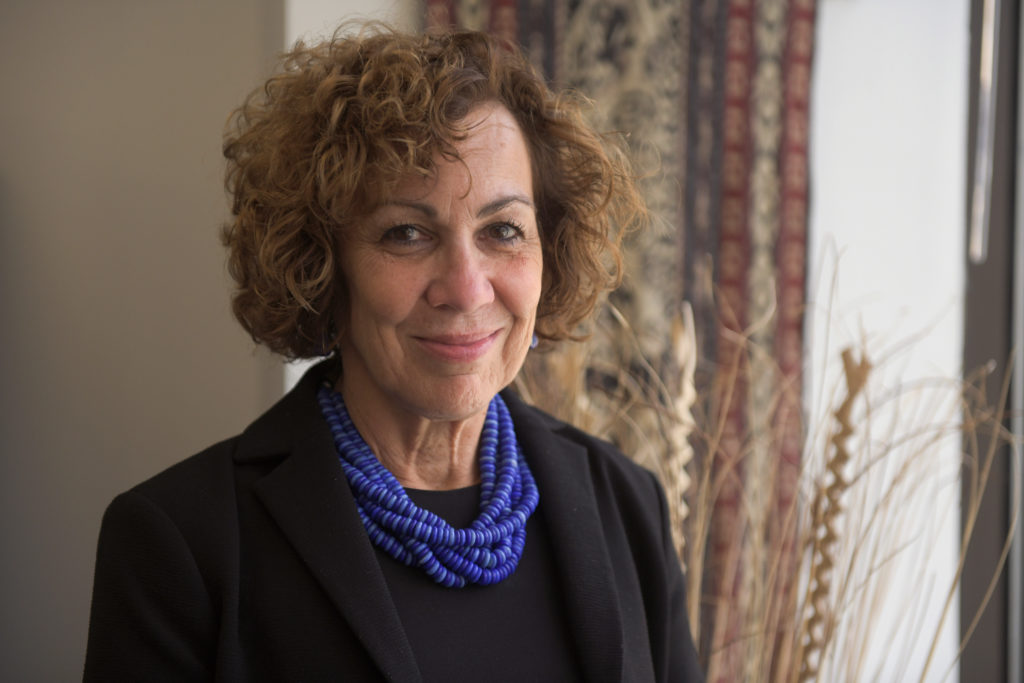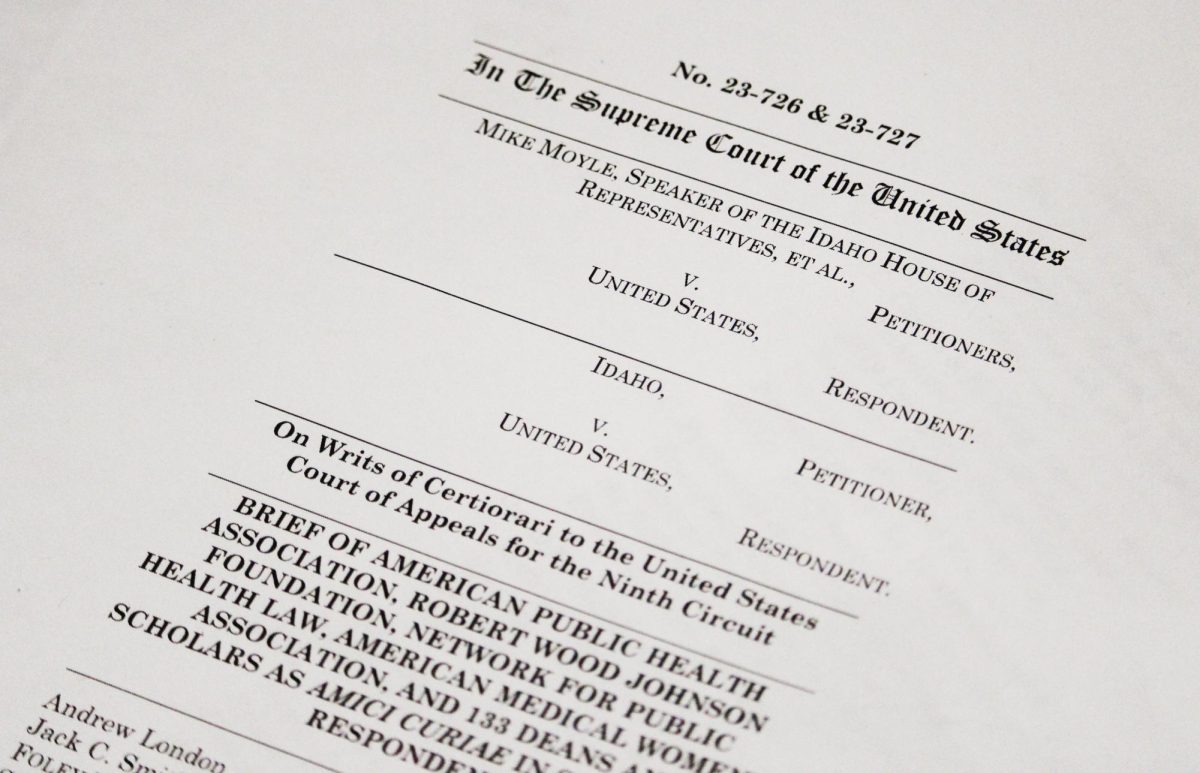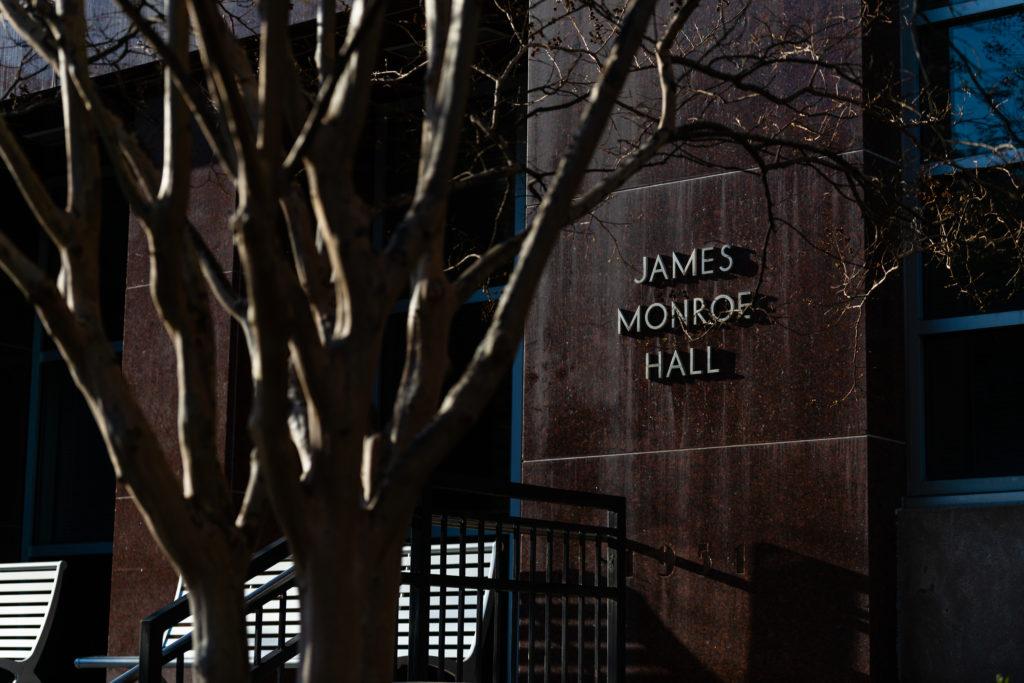School of Nursing Dean Pamela Jeffries said she is proud of the school’s enrollment growth, research and preparation for the future amid a pandemic over the past 10 years.
Jeffries, who joined the nursing school in 2015, said she feels the school has done a “great” job preparing graduates for their future careers. She said the school’s high-ranking academic programs and designation as a National League for Nursing Center of Teaching Excellence reflect its academic rigor and prestige.
“We’ve done a great job preparing high quality nursing graduates as indicated by their high pass rates on the nursing board exams, the certification exams for nurse practitioners and the high marketability of our graduates,” Jeffries said in an email. “Employers tell us that our students are prepared for immediate transition into the workforce and that’s thanks to our wonderful nursing faculty who are expert clinicians and educators.”
Officials announced in 2010 that they would expand the nursing program in the School of Medicine and Health Sciences to become a standalone school because of a strong nationwide demand for nurse practitioners. Over the past decade, the nursing school was ranked among the top 10 graduate nursing programs by the U.S. News and World Report in 2018 and 2019, opened simulation labs and launched the GW Nursing Simulation Initiatives last April to help students gain clinical experience.
The school has launched several programs, including a leadership program in conjunction with the School of Business to build financial and entrepreneurial skills and a partnership with the National University of Singapore to help students gain a global understanding of health care issues.
Jeffries said bolstering the school’s research profile has been an “important” strategic goal. She said faculty in the school submitted more than 60 research grants and received a record-high amount of almost $5 million in sponsored expenditures last year.
Officials renovated nursing buildings in 2017 to add more communal student space and have seen online enrollment more than double since its founding.
The school received its largest-ever gift last week of $2.5 million to support veteran students.
“Another ongoing challenge related to being a newly established school is providing resources to help our students finance their education,” Jeffries said. “Most of our peer nursing schools have been around for much longer and have much larger operational budgets, donor pools, alumni bases and endowments than we do so we’ve had a lot of work to do to grow in each of those areas.”
Jeffries said she believes hiring faculty who focus on research has helped gain prestige for the school and allowed them to offer more academic and clinical experiences.
“Our high-quality faculty, their research, awards and fellowships help to increase our school’s prestige and research file,” Jeffries said.
Jeffries said the school has fostered inclusivity through actions like implementing an advisory council for diversity and hiring an assistant dean of diversity. The school received the INSIGHT Into Diversity Higher Education Excellence in Diversity Award in 2018, which recognizes schools with an “outstanding” commitment to diversity and inclusion efforts.
“Building a community with a common culture and a set of shared values has always been a priority,” Jeffries said.
Moving forward, Jeffries said she hopes to continue providing high-quality education and ensuring that nursing school programs meet the needs of students amid the COVID-19 pandemic.
“With health care changes and the disruption from the pandemic, we must make sure our nursing graduates have the knowledge, skills and critical thinking needed to transition to practice, to be a nursing leader, a practitioner, a policymaker or whatever the role desired for our new graduates,” Jeffries said.
Nursing school faculty said they are proud of the school’s supportive structure and hope to see Jeffries continue the school’s collaborative nature in the coming years.
Billy Mullins, a clinical assistant professor of nursing and 2015 graduate of the nursing school’s Doctor’s of Nursing Practice program, said his favorite part of the school is the collaboration among faculty and students in classrooms and research labs. He said transitioning from a student to a professor allowed him to be able to fully appreciate how students and faculty work together.
“It’s not a competition,” Mullins said. “It’s more about being together and working together as one.”
Mullins said the camaraderie he experienced as a student inspired him to stay at GW for his professional career. He said now as a professor, he is happy to give back to the next generation of nurses by teaching them how to interact with clients from a psychological perspective.
“I know that I can be a little nitpicky on style and grammar,” Mullins said. “I heard students say, ‘you don’t have to be so picky about our writing,’ but then I had a student actually reach out to me and said, ‘thank you for really helping me hone my writing skills,’ and that really meant a lot to me.”
Daisy Le, an assistant professor of nursing, said she joined the nursing school with a background in public health in early 2019 to explore health disparities in oncology, or cancer care. She said she can engage in multidisciplinary research since her position allows her to work closely with the Milken Institute School of Public Health.
“I love the fact that I’m in the school of nursing where I can make a huge difference in a different discipline, and to be able to be directly in contact regularly with faculty – many of whom don’t come from my area of expertise – it allows us to really think about how can we truly collaborate to make a difference in the fields of health care,” Le said.
Le said she appreciates nursing officials’ ability and willingness to change and listen according to faculty and student feedback. Le said she still feels she has a say in what happens in the school and improving the overall program even as a new faculty member.
“I think that our dean and our leadership, that vision that they have of being multidisciplinary and collaborative is very, very smart,” Le said.







